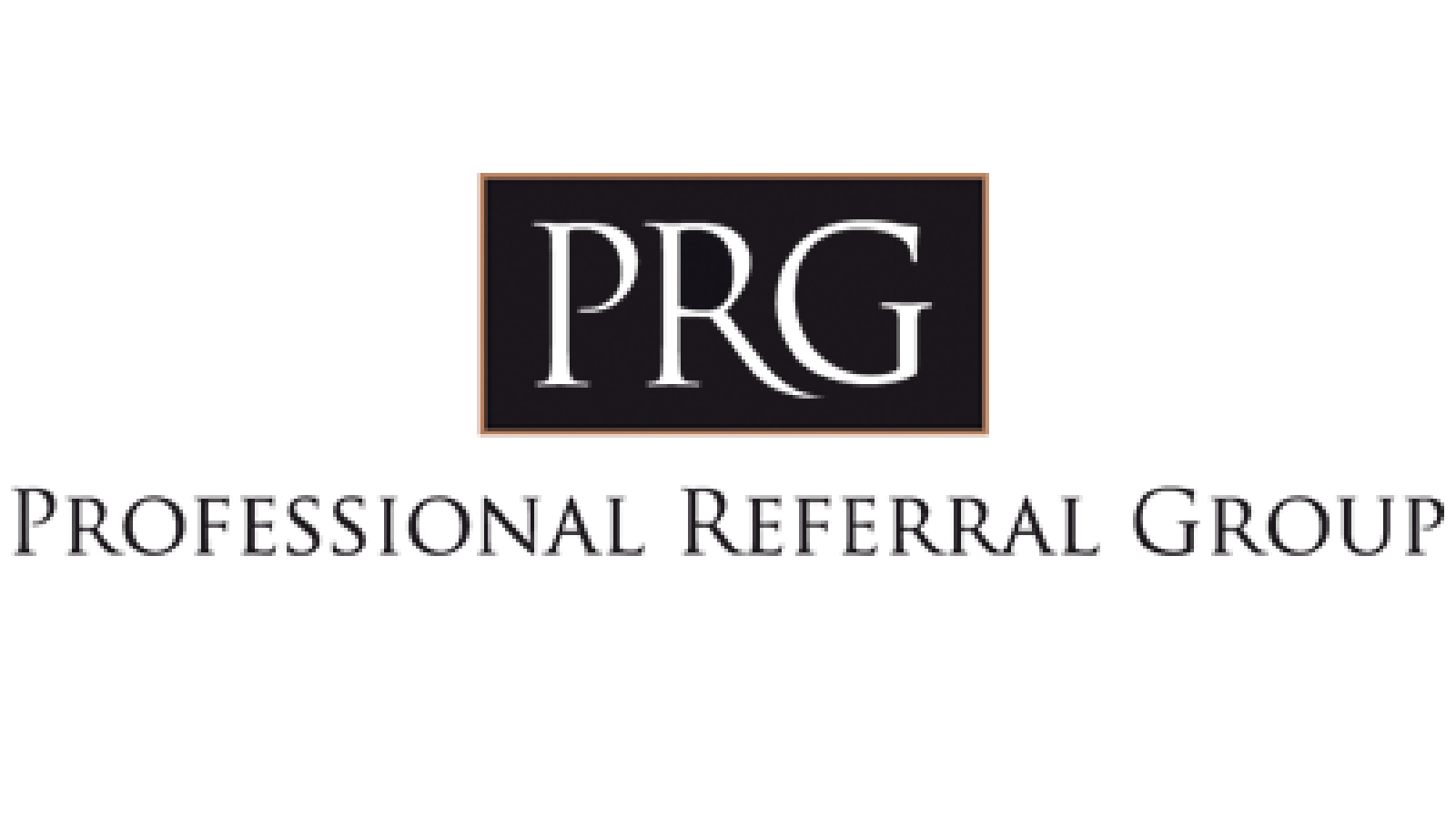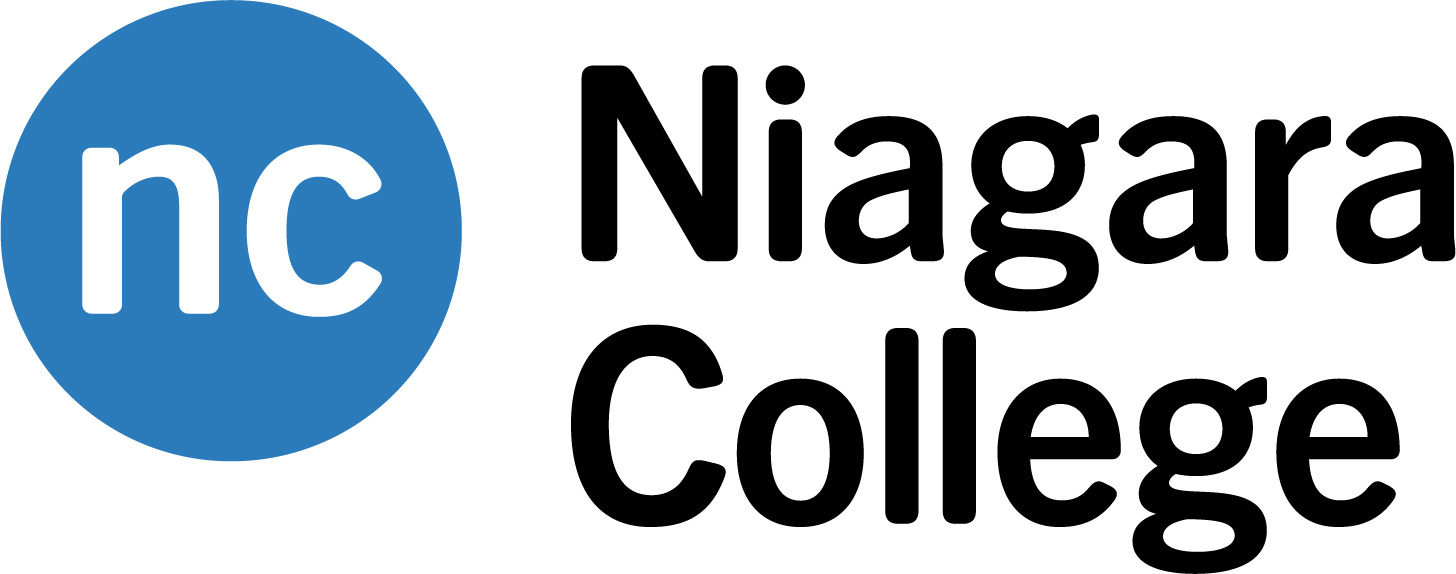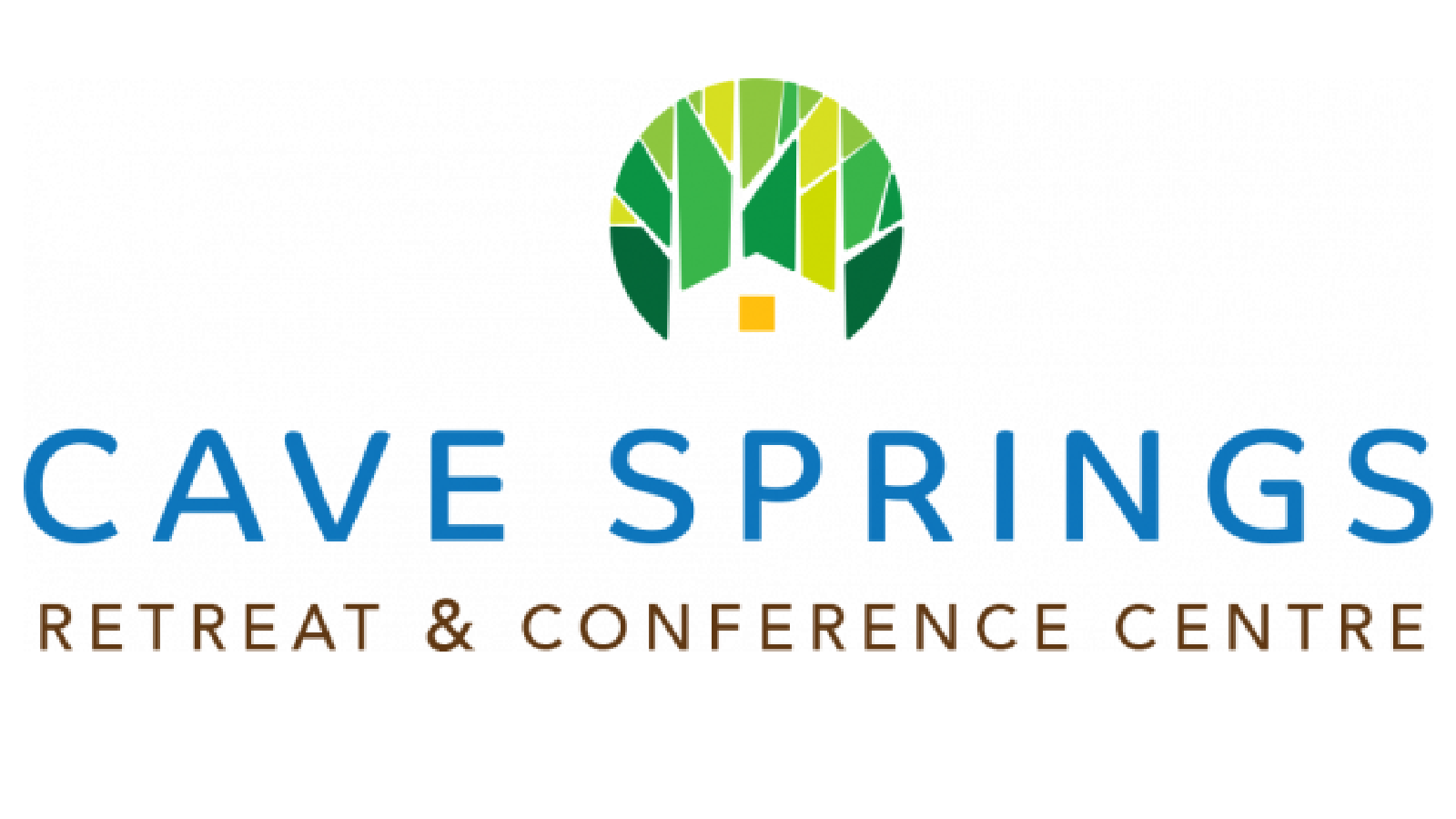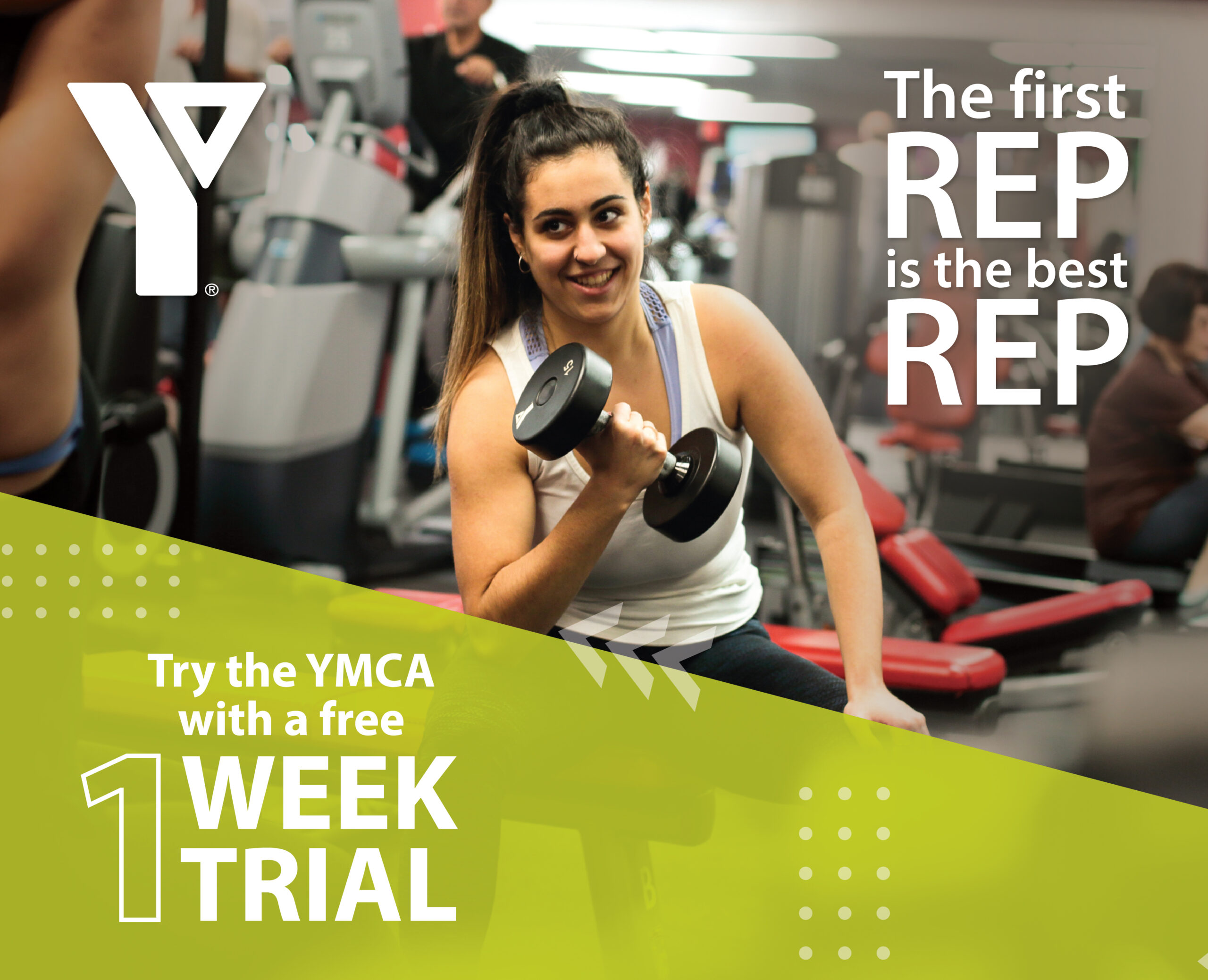Stay connected. Even if it’s not in person.
That’s the message for the holidays from Dr. Maxine Lewis, Chief of Mental and Addictions for Niagara Health and St. Joseph’s Healthcare Hamilton.
Maintaining connections with others is always important for your mental health, but especially during a pandemic that has put limits on the amount of in-person contact people have with each another.
“People are demonstrating really innovative ways to stay connected with each other, like video conferencing and telephone,” says Dr. Lewis. “Over the holidays, it’s important to use these platforms to stay connected and to keep everyone safe. For example, I recently participated in an online baking class. It was a nice way to connect with people. The most important thing is to stay safe and follow the guidelines of public health. Virtual gatherings do take a little bit more coordination, but they are fun.”
Dr. Lewis says it’s also important to think of people who live alone and may feel more isolated.
“Connect with them, even if it’s over the phone,” she says. “That sort of connectedness is so important. I know that people are missing the physical contact with people. I have had a lot of people say to me that they miss the hugs, especially people who are living on their own.”
The rollout of the COVID-19 vaccine is welcome news and will help ease people’s anxiety about the pandemic, she says.
“I think it provides people some relief and hope that there is an end in sight. I think a lot of the anxiety that people are feeling is related to when this will end or if this will end,” she says. “The latest vaccine news will help keep us going.”
In addition to maintaining connections, Dr. Lewis offers these coping strategies to ease your anxiety and improve your mental health:
- Identify what it is you’re worried about and ask if it is under your control or not. Focus on the things you can control.
- Keep to a routine: Wake up at the same time each day, eat well and get a good night’s sleep.
- Get fresh air: Go for a walk or try another form of exercise.
- Do breathing exercises: Put a hand on your stomach and take a deep breath in for four seconds and breathe out for four seconds.
- Chronicle moments of hope and gratitude. Consider keeping a gratitude journal and write the things for which you are grateful. It will help you focus on the good in your day.
- Limit your exposure to negative stories about the pandemic and get your information from reliable sources. Devote a certain amount of time each day to those stories to keep up to date, but then read good-news stories that bring a smile to your face. Laughter is good medicine for the soul.
How to seek help in Niagara:
- Mental Health and Addictions Access Line provides support for adult residents of Niagara facing addiction and mental health concerns: 1-866-550-5205
- Kids Help Phone is Canada’s only 24/7 national support service offering confidential counselling in English and French: 1-800-668-6868
- Pathstone Mental Health, 18 years and under: 1-800-263-4944
- Distress Centre Niagara provides free, 24/7 confidential support to anyone in need in Niagara
- St. Catharines, Niagara Falls and area: 905-688-3711
- Port Colborne, Wainfleet and area: 905-734-1212
- Fort Erie and area: 905-382-0689
- Grimsby and West Lincoln: 905-563-6674
- If you are experiencing a mental health or addictions emergency, we encourage you to go to the nearest Emergency Department or call 911.
 Back to myNiagaraOnline
Back to myNiagaraOnline





















